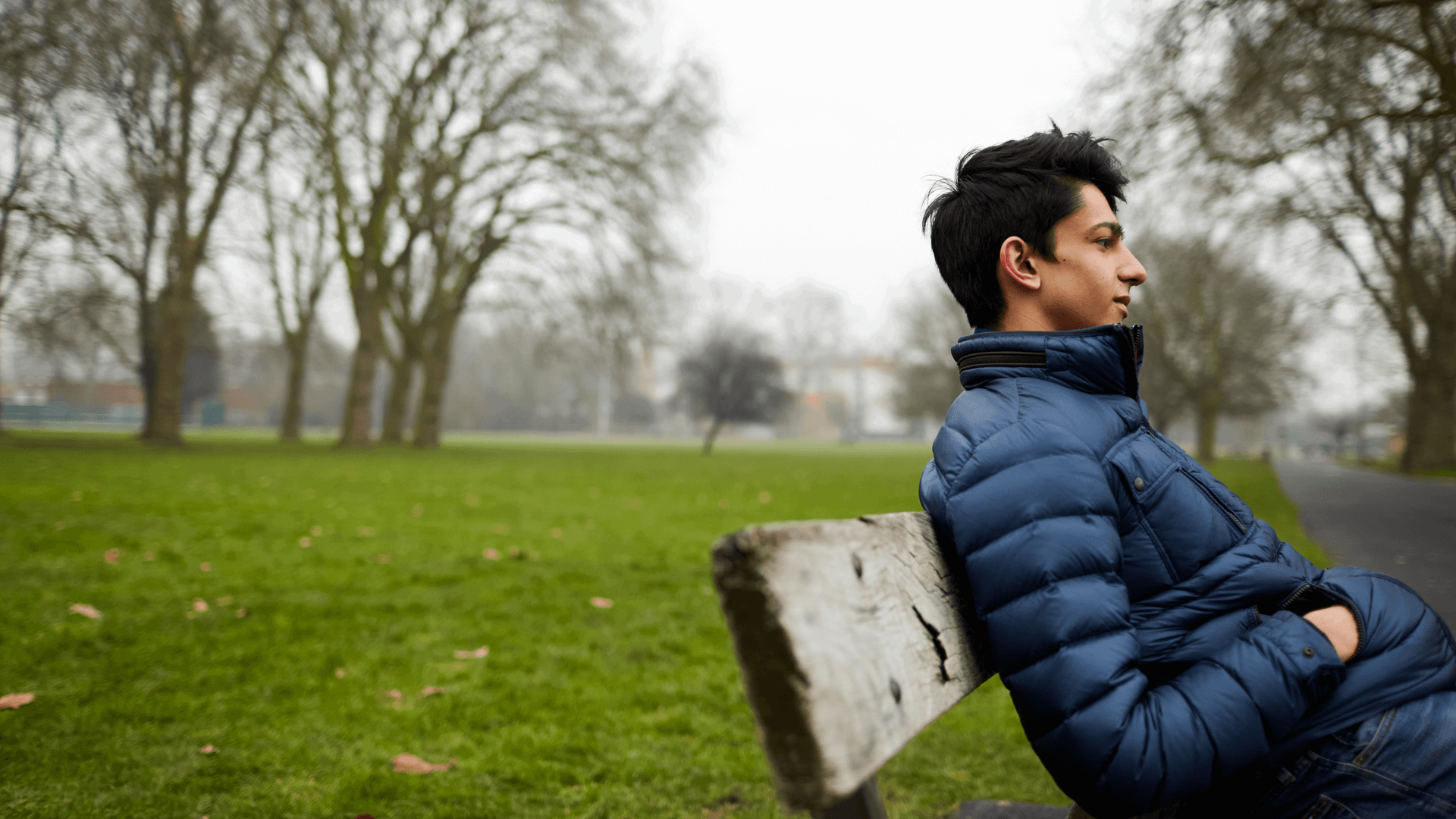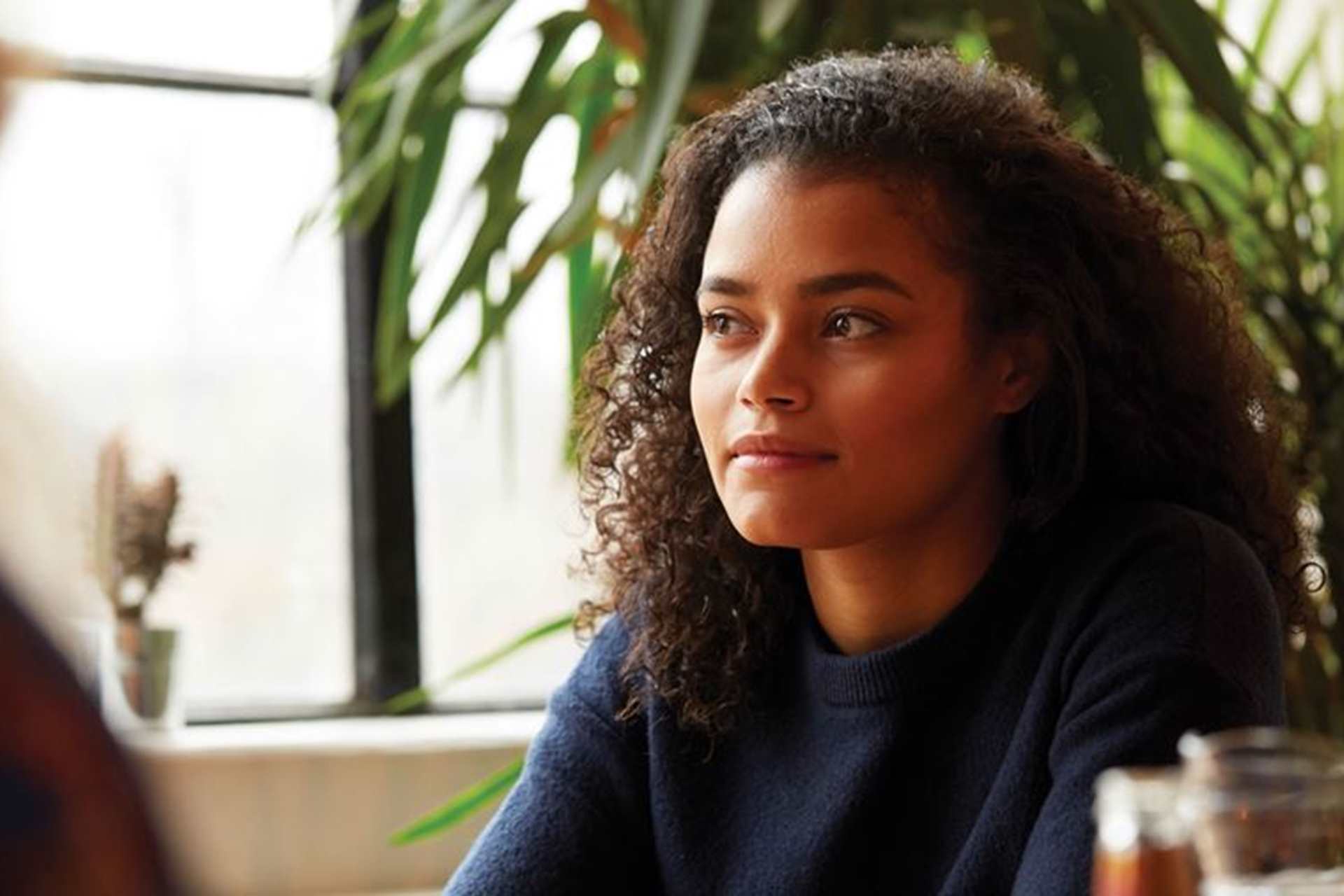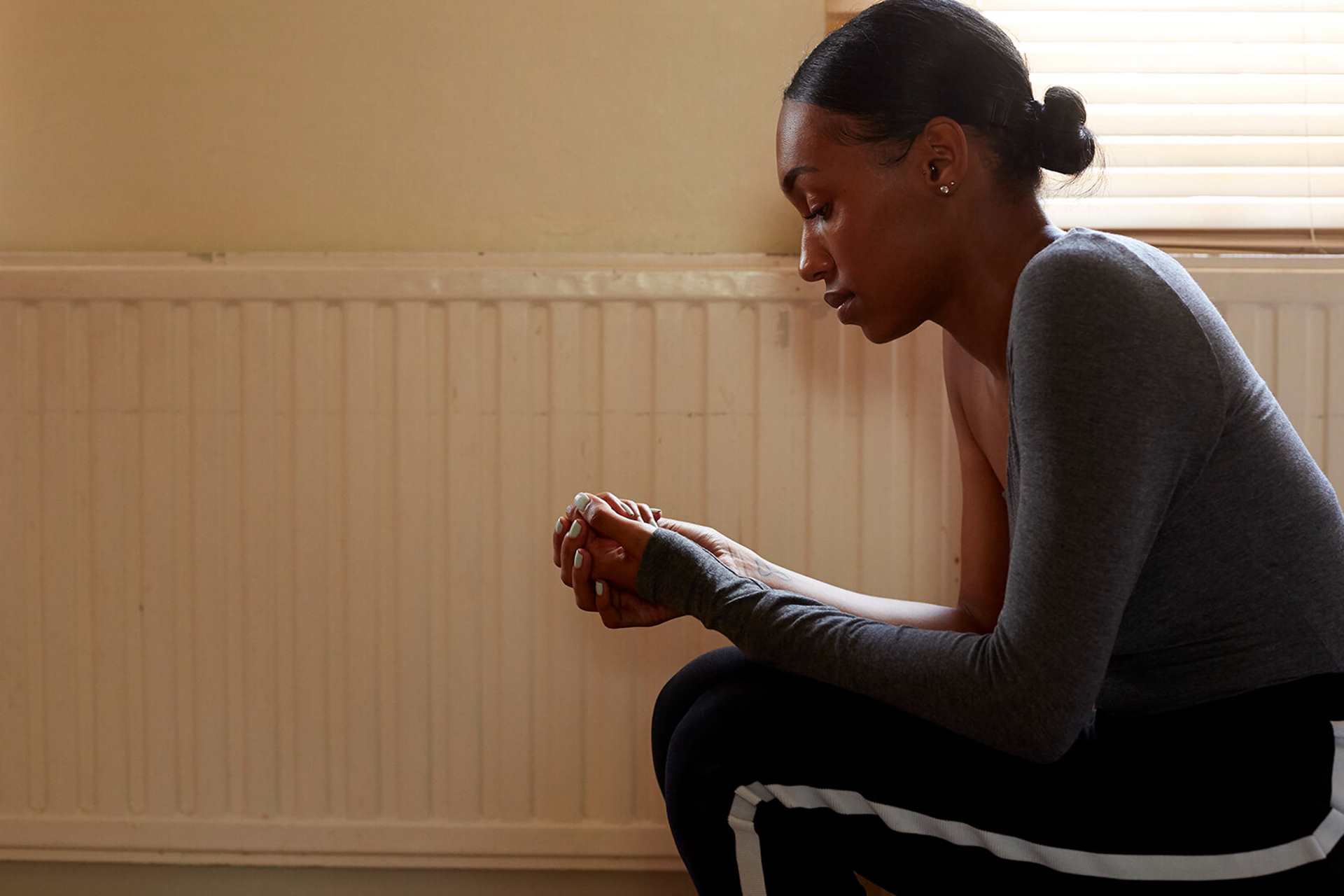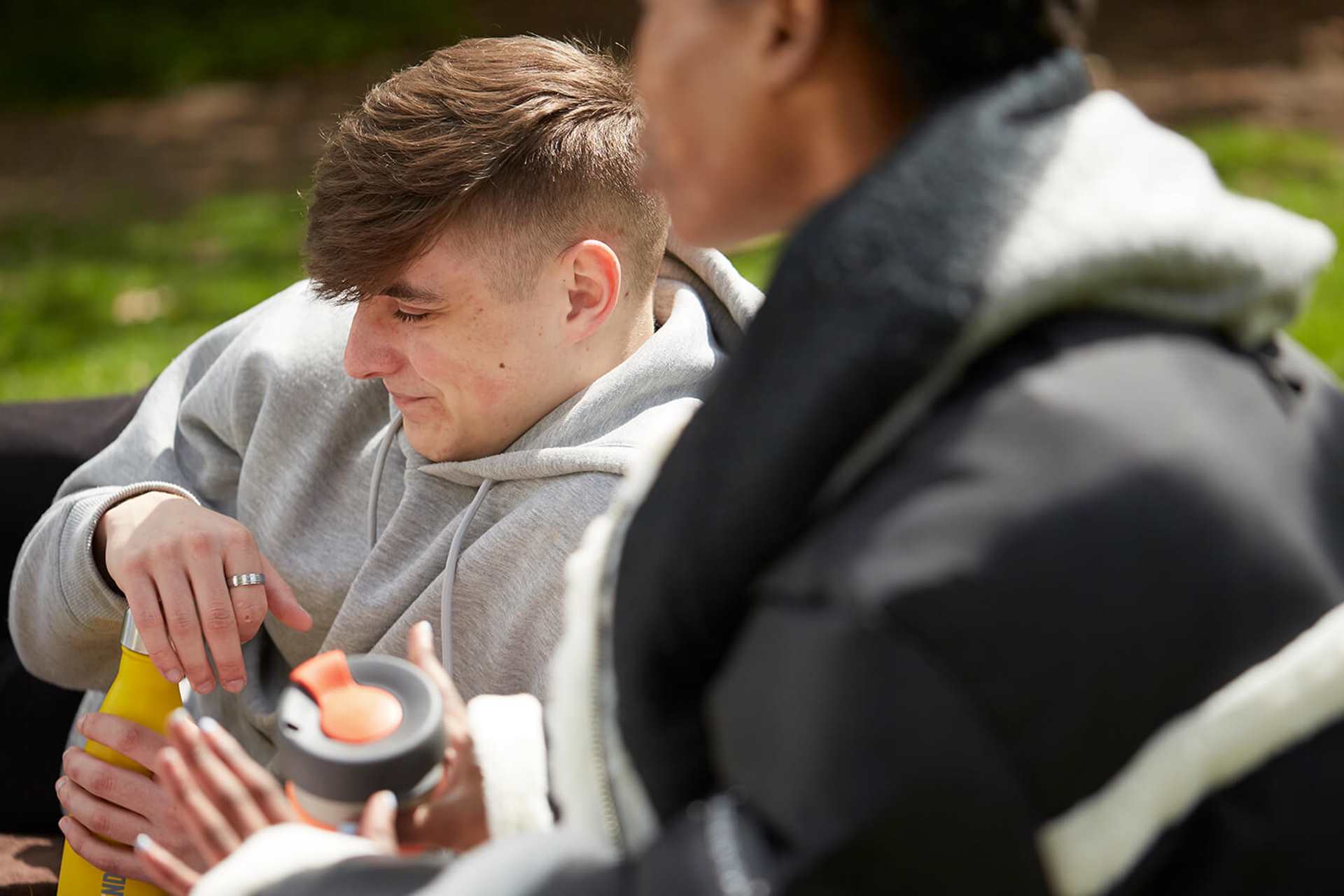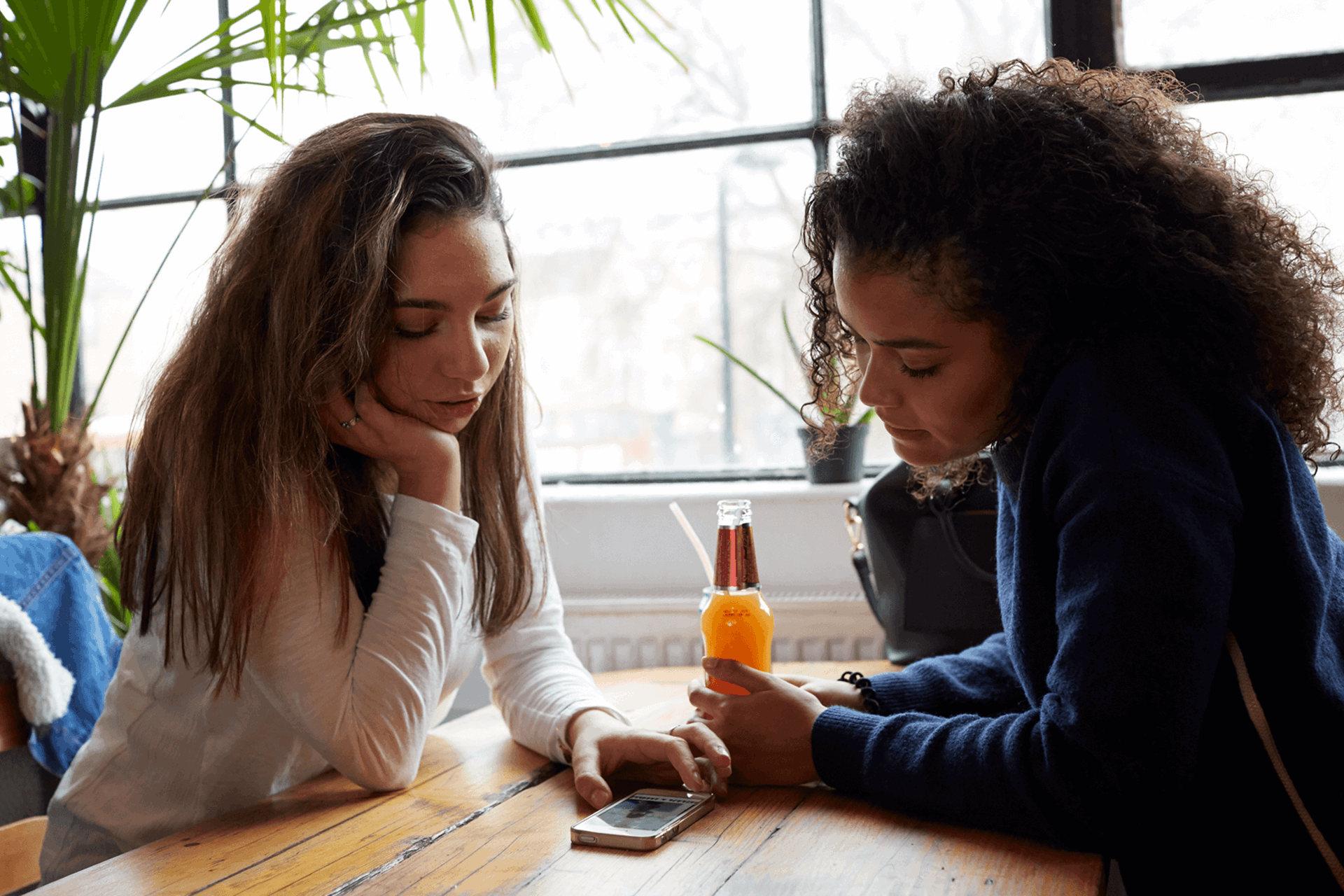Topics mentioned: medication, anxiety
Author: Guest blogger
About: Our guest blogger shares what it’s like to take zopiclone to treat anxiety and emotional distress, and some tips for how they cope with the side effects.
Everybody responds to medication differently. This blog only represents the author's experience. For more information, have a look at our medication pages. For medical advice, always speak to your doctor.
It allows me to wake up feeling rested, refreshed, rational, and more able to cope.
I’m now 21 years old, and started taking zopiclone when I was 19. I have periods of extreme emotional distress where I can’t manage my emotions and suffer extreme anxiety and intense thoughts.
When I first discussed taking zopiclone with my support worker, it was a case of try it or be admitted to hospital involuntarily, so we decided it was worth a go. I was so desperate for sleep, that the relief and much-needed break the medication gave me was amazing.
At first they just gave me a few tablets to see how it went, but at that time I needed to take it every day for a week to get out of my crisis.
I was so desperate for sleep, that the relief and much-needed break the medication gave me was amazing.
I did worry how I would react to it, and about getting addicted, but it was fine. Now I take zopiclone as and when I need to.
This is generally only once every two to three months when I am in a real crisis and feel so distressed that I don’t know what else to do and have exhausted all my other usual coping mechanisms. These include going for a walk, having a bath, doing art work, reading etc.
I use it as a last resort, because it helps me switch off and sleep. Just getting sleep helps me overall to cope better. It’s like that switch that people sometimes wish they had in their brain to turn off their thoughts – that’s what zopiclone does for me.
It allows me to wake up feeling rested, refreshed, rational, and more able to cope. I can then get in touch with my support worker if I need to.
Other side effects are that I wake up feeling groggy as it’s a heavy sedative, and feeling like a bit of a zombie.
It’s so reassuring to know that I have it as a back-up, and that it will alleviate my distress, help me sleep and prevent me needing to be admitted to an inpatient ward.
The main side effect which wasn’t on the pack was that when I wake up after having taken zopiclone, I have a really strong metallic taste in my mouth, like I’ve slept with a bunch of keys in my mouth! I now always take a glass of orange juice to bed so I can have it in the morning as soon as I wake up to get rid of the horrible taste.
Other side effects are that I wake up feeling groggy as it’s a heavy sedative, and feeling like a bit of a zombie. This did make me anxious at first, as I worried that maybe I’d taken too much, but this is normal and does fade. In a way, it’s kind of calming and I feel my thoughts less intensely.
You get used to it and learn to deal with it, and once I’m up, showered, dressed, and have had something to eat and drink, it fades away. Plus, because I feel rested after getting some sleep, I feel more able to cope with it anyway. A good sleep gives me so much more get-up-and-go!
No one should take it without being monitored by their support worker.
Before I started taking zopiclone, I wasn’t made aware of how fast-acting it is. It doesn’t say this on the pack either. It works really quickly so don’t take it when you’re downstairs or you won’t make it upstairs to your bed!
It can be addictive so you have to be careful not to rely on it too heavily and only use it in extreme situations. No one should take it without being monitored by their support worker.
Zopiclone has drastically reduced my need for crisis support, which is amazing, and I really like that I can self-manage my condition. I now have more independence and confidence because I know I can manage myself better and have control over my mental health, and don’t have to rely so much on others.
Questions about mental health medication?
If you would like to know more about the different types of mental health medication you could be prescribed, how they help and what the side effects could be, have a look at our guide to medications.
Where to get help
However you're feeling, there are people who can help you if you are struggling. Here are some services that can support you.
-
Childline
If you’re under 19 you can confidentially call, chat online or email about any problem big or small.
Sign up for a free Childline locker (real name or email address not needed) to use their free 1-2-1 counsellor chat and email support service.
Can provide a BSL interpreter if you are deaf or hearing-impaired.
Hosts online message boards where you can share your experiences, have fun and get support from other young people in similar situations.
- Opening times:
- 24/7
-
Youth Access
Provides information about local counselling and advice services for young people aged 11-25.
Put in your location and what you need help with into their 'Find help' search, and see what services are available in your area.
